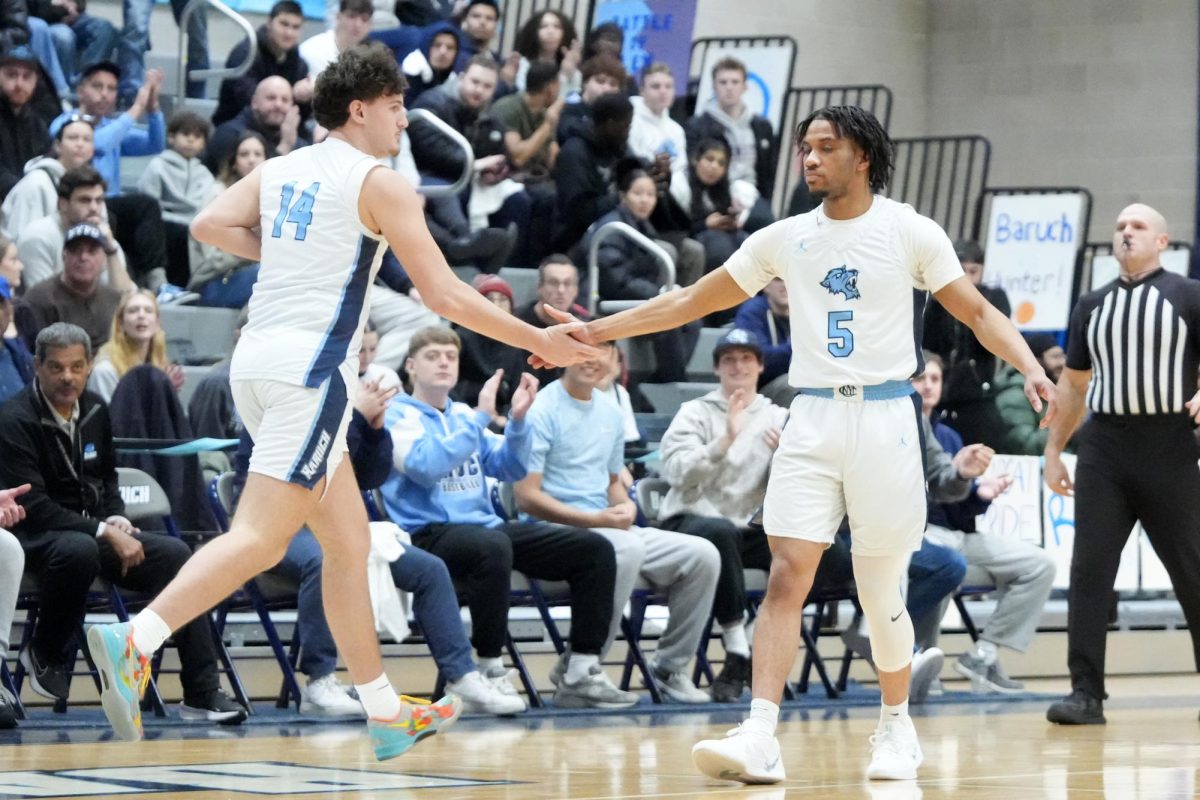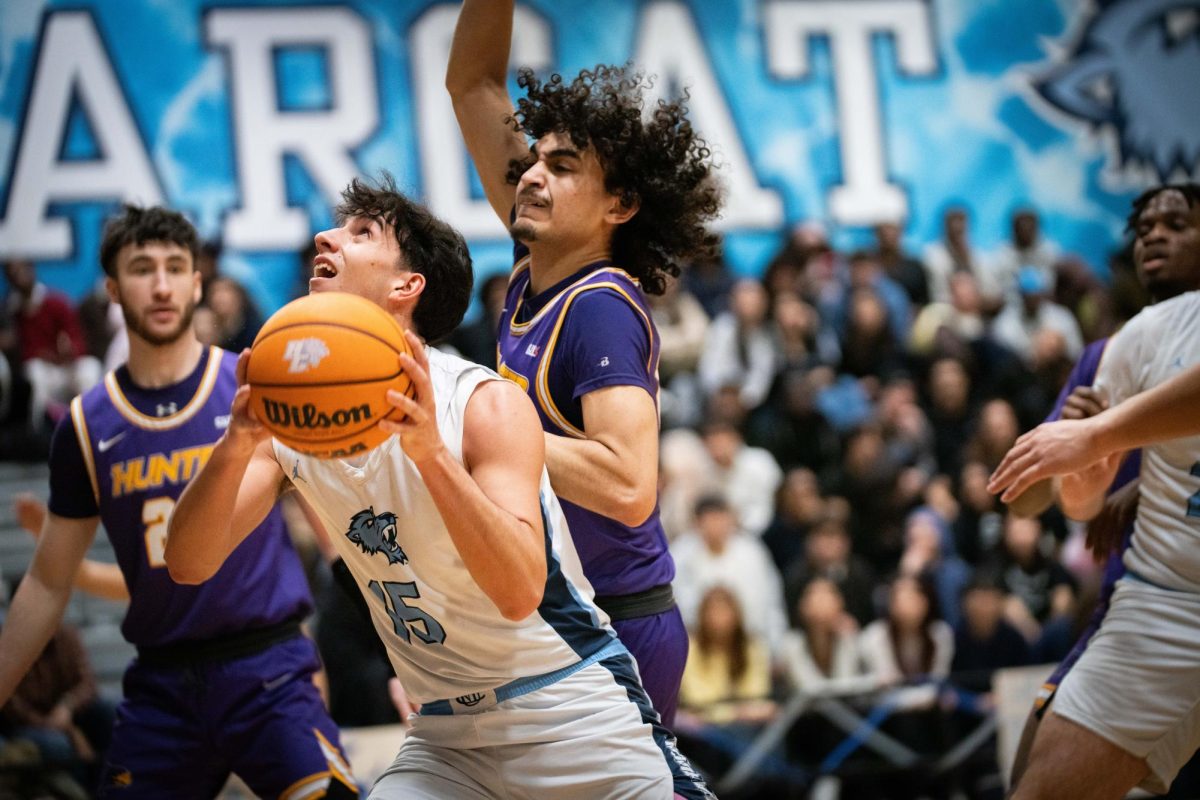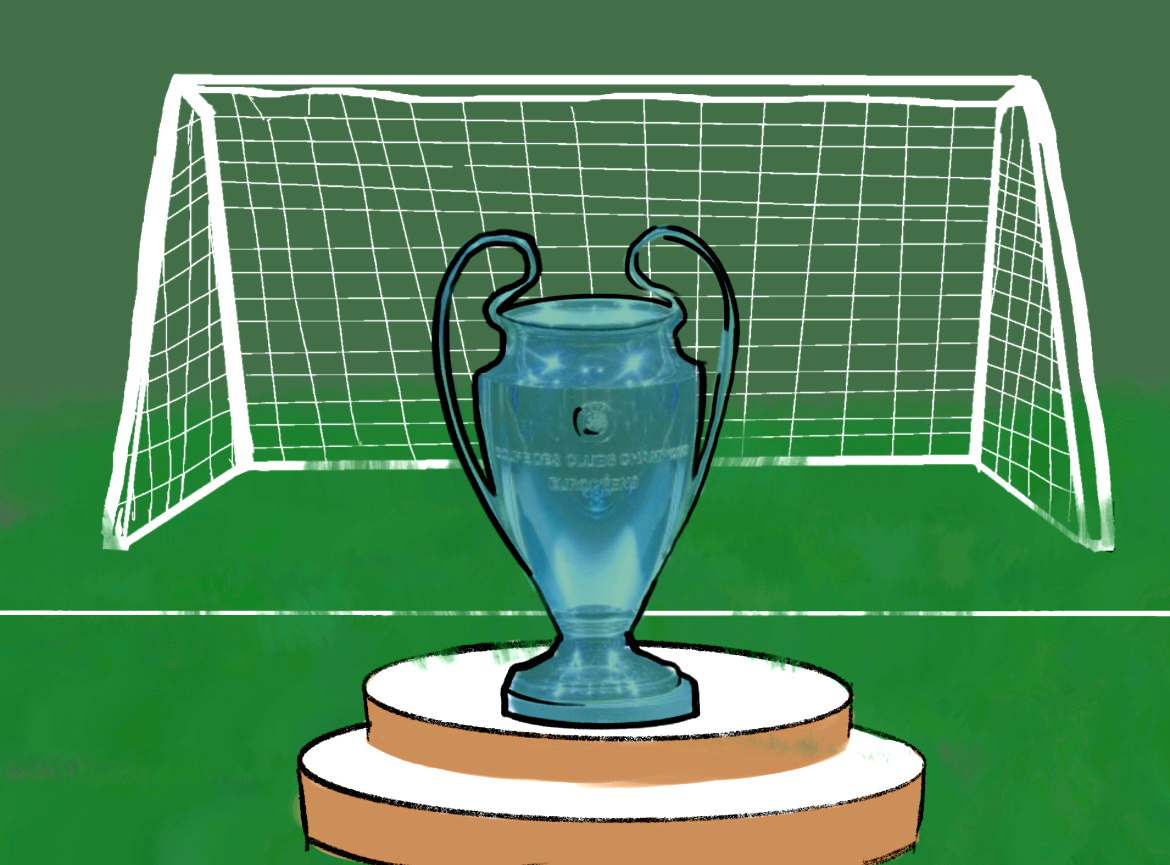When the Vegas Golden Knights entered the NHL in 2017, they became the 31st team to play in the league, causing an uneven distribution of teams. Fortunately, this misalignment did not last long, as the league found a home for a 32nd team. The city of Seattle was unanimously approved by the NHL Board of Governors to be the next destination for a professional franchise. They will commence play in the 2021-2022 season and will create an even playing field of teams within the four divisions and two conferences.
The ownership group agreed to pay a $650 million expansion fee, which will go to 30 of the current teams. The Vegas Golden Knights, who played their first season last year, paid a $500 million expansion fee and will not pick up money from this year’s fee.
Gary Bettman, the NHL commissioner, noted that Seattle was the first American city to win the Stanley Cup. The Seattle Metropolitans played in the Pacific Coast Hockey Association and won the first ever Stanley Cup in 1917. The franchise folded in 1924.
In March, the owners of the potential Seattle team sold 33,000 seats for season tickets. The team will play in the KeyArena, which is the former home of the NBA’s Seattle SuperSonics, who relocated to Oklahoma City to become the Thunder in 2008. The arena, whose redevelopment will cost approximately $700 million, is expected to be complete in March or April of 2021.
The team does not have a name, but some of the proposed ones include the Seattle Cougars, Seattle Eagles, Seattle Emeralds, Seattle Evergreens, Seattle Firebirds, Seattle Kraken, Seattle Rainiers, Seattle Renegades, Seattle Sea Lions, Seattle Seals, Seattle Sockeyes, Seattle Totems and Seattle Whalers.
The team’s general manager’s spot will also be up for some heavy competition, as they will try to replicate the Golden Knights’ successful script, which included a trip to the Stanley Cup Final. That opens the door for veteran general managers such as Dean Lombardi, Ron Hextall, Ron Francis, Don Maloney and Garth Snow, among others. If Seattle wants a fresh face, Columbus Blue Jackets assistant general manager Bill Zito, who recently interviewed with the Philadelphia Flyers, could be a choice. Golden Knights assistant general manager Kelly McCrimmon could also get a look. Chris Pronger is an adviser with the Florida Panthers and has become a hot name. Former NHL goalie Sean Burke is also mentioned as a future NHL executive.
As far as potential realignment, it is almost certain that Seattle will play in the Pacific Division, which means that the Arizona Coyotes will be moving to the Central Division. This will create four divisions with eight teams apiece.
Seattle will be able to select one player from every team except Vegas. The 30 teams can protect either seven forwards, three defensemen and a goalie or eight skaters total and one goalie.
It’s impossible to know what protected lists will look like when Seattle drafts in the summer of 2021. But having gone through an expansion draft in 2017, general managers will probably be better prepared than they were then. It will remain difficult to hide quality players.
Vegas general manager George McPhee’s success was aided by other general managers’ decisions to give up draft picks and prospects to save specific players. Some general managers have said privately they would be more inclined this time to lose one desirable player rather than give up multiple assets to save one.
Seattle is the United States’ 14th largest television market and it’s the largest city without a winter sport. The NHL will not be competing against the NBA for attention within the city. The Seattle television market is larger than markets in Minnesota, Colorado, St. Louis, Nashville, Pittsburgh, Columbus, Carolina, Las Vegas and Buffalo, all of which currently have an NHL franchise.
Seattle’s success will be difficult to determine, as expansion teams in the past have had difficulties adjusting. While Vegas has been a hit, some other recent NHL expansion and relocating teams have struggled, with the Florida Panthers and the Coyotes ranking near the bottom of the league in attendance annually.







